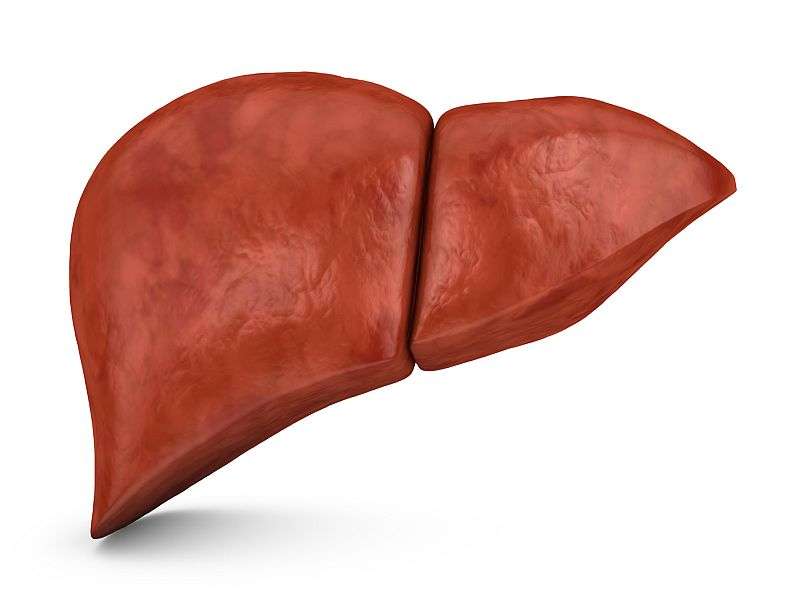(HealthDay)—For patients with Child-Pugh B and C, propranolol use is associated with increased mortality, according to a letter to the editor published online March 26 in Hepatology.
Georgios N. Kalambokis, M.D., from the University of Ioannina in Greece, and colleagues conducted a retrospective assessment of 96 Child-Pugh B and 75 Child-Pugh C patients with newly diagnosed cirrhosis who presented with clinically-evident ascites between January 2000 and December 2012; 28 patients had a model for end-stage liver disease (MELD) score of ≥18. Concomitant with diagnosis of cirrhosis, propranolol was initiated in 56 Child-Pugh B and 45 Child-Pugh C patients with varices (17 patients had a MELD score ≥18).
The researchers found that four patients subsequently developed refractory ascites (all Child-Pugh C; three propranolol treated). Forty-four and 57 Child-Pugh B and C patients, respectively (34 and 41 propranolol-treated, respectively), died of cirrhosis-related complications. After two years of follow-up, propranolol-treated Child-Pugh B patients showed significantly higher mortality. After six months of follow-up, mortality became increasingly significant in propranolol-treated Child-Pugh C patients or those with a MELD score ≥18, compared with non-treated patients. The mean survival was 10.1 ± 1.1 and 15 ± 1.4 months in propranolol-treated and non-treated Child-Pugh C patients, respectively (P = 0.03).
"Our observations justify the concerns recently raised over non-selective β-blockers treatment in patients with decompensated cirrhosis," the authors write.
More information: Full Text (subscription or payment may be required)
Journal information: Hepatology
Copyright © 2016 HealthDay. All rights reserved.























